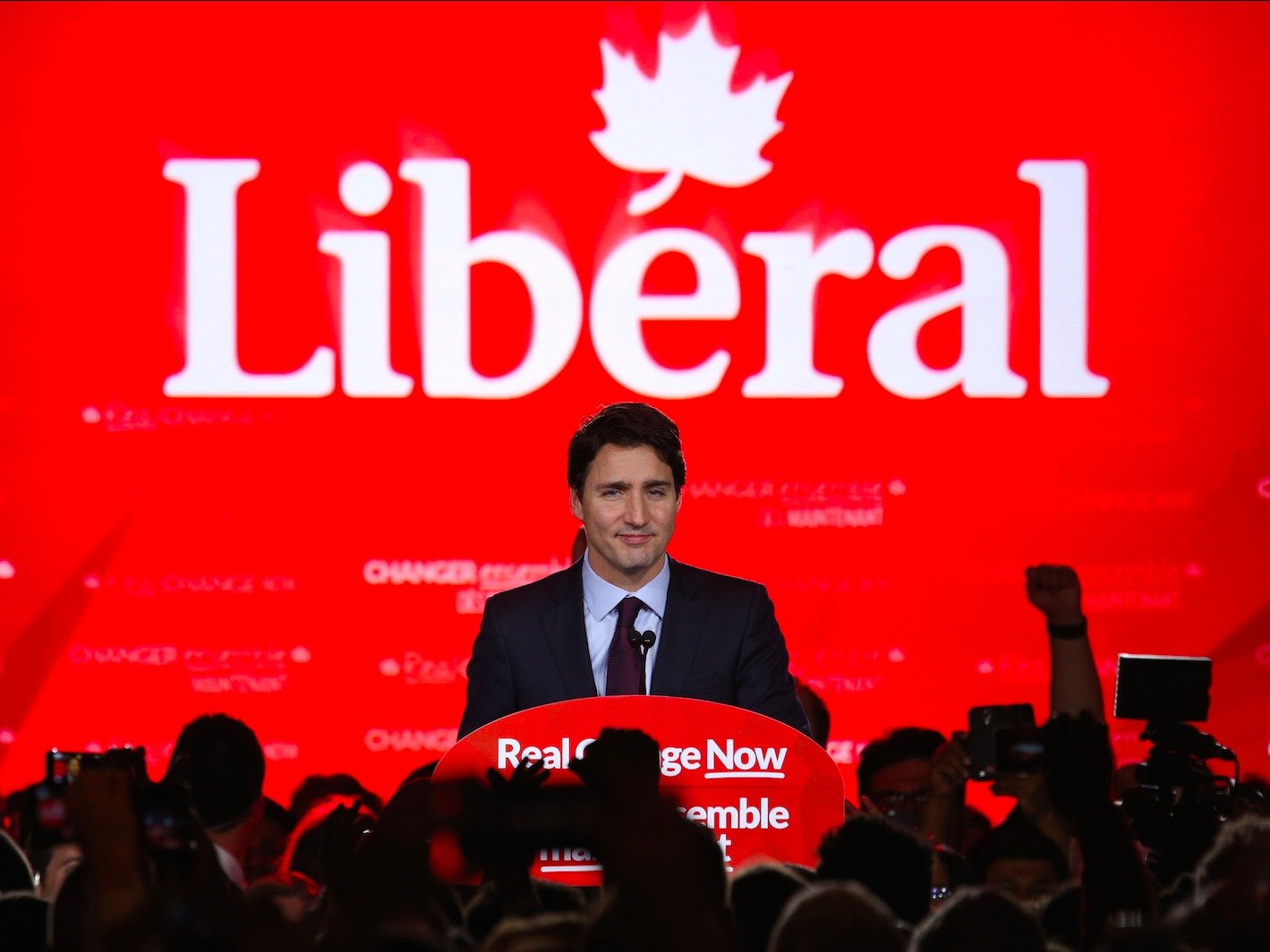Guides
Liberal caucus proposes decriminalization of illegal drug use, simple possession
The war on drugs may move to a new battlefield in Canada, if Liberal MPs get their way: the 2019 federal election campaign.
They’re pushing the Trudeau government to go much further than legalizing recreational marijuana. In a priority resolution they hope will be adopted at the Liberals’ policy convention in April for inclusion in the next election platform, the national caucus is calling on the government to eliminate criminal penalties for simple possession and consumption of all illicit drugs.
Newly-minted NDP Leader Jagmeet Singh has taken a similar stance.
But the Conservatives, who have opposed many elements of the plan to legalize pot by July, are signaling that they would object to decriminalizing the use of other, harder drugs even more strenuously.
“The Conservatives haven’t been satisfied or in any way pleased with what they’re doing in the area of marijuana. I think it’s going to be a complete mess in this country,” Conservative justice critic Rob Nicholson said in an interview.
“That being said, to expand this … to do anything that does anything except discourage people from taking opioids and strong drugs I think is a mistake,” he added.
“If you’re saying it’s OK to consume this, you’re not sending out the message here that this is a huge problem that tears families apart, destroys peoples’ health, decreases the safety within this country. Because who’s going to be providing them with this? These are the criminal elements.”
Many Conservatives feared legalization of pot would be just the first step towards legalizing other, harder drugs. But Nicholson said he’s frankly surprised that Liberal MPs aren’t even waiting to see how legalizing cannabis works out before starting down that slippery slope.
Prime Minister Justin Trudeau has repeatedly ruled out legalization of drugs other than cannabis. He has not so far commented on the resolution advanced by his own caucus, which does not actually go so far as to advocate legalization of other drugs.
Rather, the caucus is proposing that Canada adopt the model that has proven successful in Portugal in significantly reducing overdose deaths, decreasing illicit drug use and reducing the social cost of drug abuse.
Since 2001, Portugal has expanded treatment and harm reduction services, such as safe injection sites, and eliminated criminal penalties for simple possession and consumption of all illegal drugs. A person found in possession of a drug for personal use is no longer arrested but ordered to appear before a “dissuasion commission” which can refer the person to a treatment program or impose administrative sanctions.
“We see on all the metrics that matter, in terms of a public health approach, positive success stories,” Toronto Liberal MP Nathaniel Erskine-Smith said in an interview.
“We’re certainly not talking about legalizing all drugs here. We’re talking about a step that would decriminalize (drug use) … I think the easiest way of thinking about it is we currently use the criminal justice system to tackle drug abuse and let’s use the health system as much as possible to tackle drug abuse instead.”
In a recent byelection in Toronto’s Scarborough-Agincourt, the Conservative candidate ran social media ads, one of which featured a grainy photo of a junkie injecting heroin into his arm. The ads warned voters about the Liberals’ plan to legalize pot and create more safe injection sites.
“The Trudeau Liberals want to bring dangerous drugs into our community,” one ad asserted. “The Liberals are rushing to legalizing (sic) marijuana despite concerns being raised by police and health professionals. And now they want to legalize prescription heroin!”
It’s not hard to imagine how much sharper Conservative attacks would become if the Liberal party adopts the caucus proposal. But Erskine-Smith said Liberals shouldn’t let that deter them.
“If the Conservatives want to ignore the evidence and lash out in some tough-on-crime way, I say have at it. It hasn’t worked in the past and I don’t think it will work,” he said.
“I hope we’re past the point of worrying whether Canadians are going to buy into this idea … It doesn’t matter what political stripe you are, if you care about the evidence and you care about what works, I think you’ve got to get past the politics of it and what the easy attack ad is and follow the evidence to save lives.”



